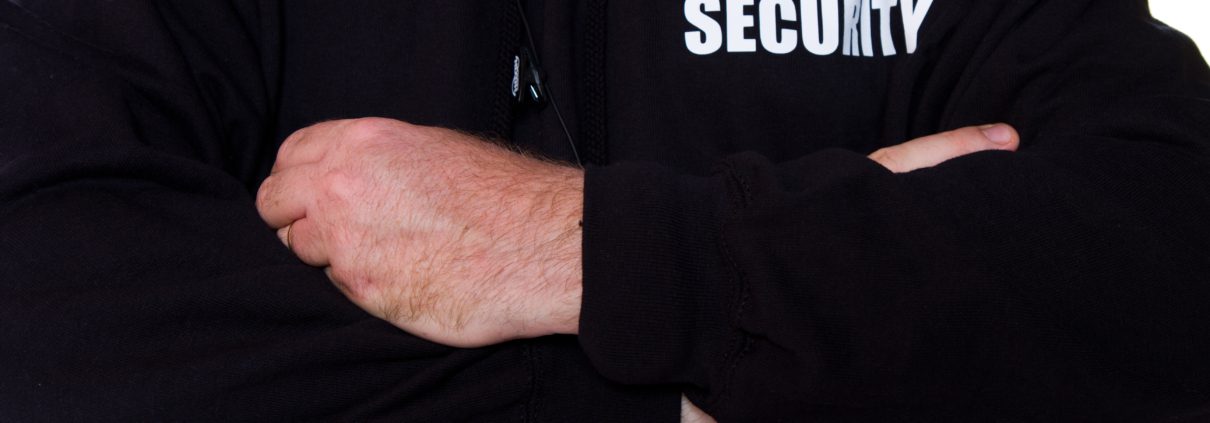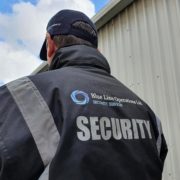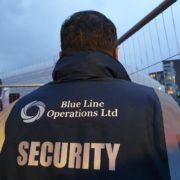A brief guide to manned guarding
Like any industry, security has its jargon, and we often use the term ‘manned guarding’. But what does manned guarding actually mean? What differentiates it from other forms of security? And why is it usually considered the best choice for security?
What manned guarding means
At its most basic level, manned guarding is what it sounds like: having security personnel that guard property or people. This might be instead of, or in addition to, other types of security, and can cover many types of duty.
Examples could include security guards that patrol sites outside working hours, or a security officer who mans a reception desk to control access to a building, or a mobile patrol that checks several sites during a shift. Each case would qualify as manned guarding because it uses people, rather than just security technology.
However, there are a few other things that typically — but not always — apply to manned guards.
The first, and one of the most important, is that manned guards from a private security company must be registered and licensed with the Security Industry Authority. This ensures that they are qualified and suitable to work in security. This is a legal requirement and manned guards should always have their SIA badge with them, and on display if they are working in public view.
The second is that they will usually wear a uniform. This is not a legal requirement, so clients can require other dress codes to meet their needs. However, in many situations, the use of a uniform serves two important and related purposes. It offers reassurance, so staff and customers can feel safer knowing there is a guard present. And it also acts as a deterrent, putting off thieves in retail or inhibiting excessive behaviour at events, for example.
What manned guarding isn’t
It’s also important to note what manned guarding isn’t.
Despite the training and the uniform, manned security is not the police. However, at Blue Line Operations, many of our guards have joined after a career in law enforcement. And our guards can and do work closely with the police when necessary.
And the word ‘manned’ is an adjective! Although the stereotype of the burly security man persists, many security officers are women. And this reflects the modern trend that personal skills like observation and communication — which any gender can have — are the most important ones a security guard uses now.
What manned guarding can do
One of the advantages of manned guarding is that people are responsive and flexible. The most common image of manned guarding is static security, where officers will guard a single site. But they can undertake other roles. Common security tasks include: mobile security, where they patrol several sites or respond to alarms; concierge and reception duties, controlling entrance and egress to sites and buildings; key-holding and gatekeeping roles, where controlled access within a site is needed; and crowd control and event management, where they can help manage queues and ensure anything from festivals to fairs run smoothly.
Why choose Blue Line Operations for your manned guarding?
If you are looking for the peace of mind that comes from robust security, you need to have peace of mind with your choice of private security provider.
At Blue Line, we never use casual labour, and we recruit many of our staff from former police and military personnel. We always pay above the living wage, and we offer regular training and development. We work hard to make sure we have the best manned guards possible, so you can know you are in safe hands with Blue Line Operations.
Whatever your security needs, get in touch with Blue Line Operation team today, and we can help you make sure your premises, people, and business are safe in our hands.










